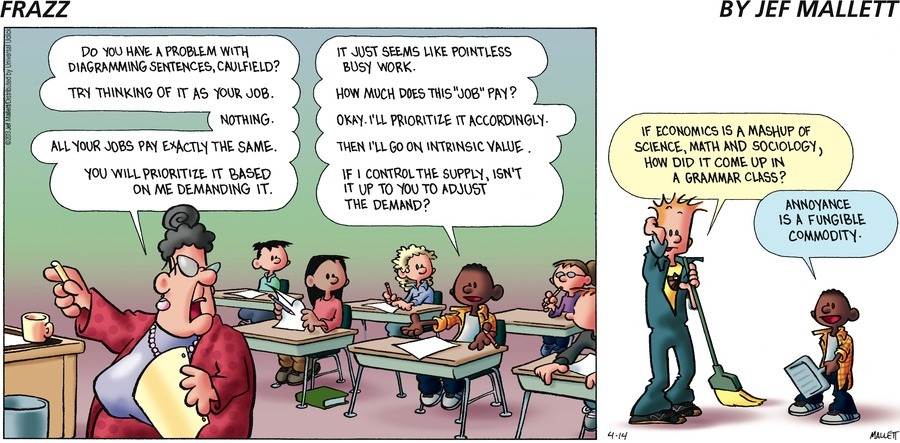Cupertino of the year (?)
Alex Baumans asks, "Could this be a Cupertino?" Liz Rafferty, "Oops! Zooey Deschanel Captioned as Boston Marathon Bombing Suspect", TV Guide 4/21/2013:
Who's that girl? It's … the Boston Marathon bomber?
During the intense lockdown and manhunt for the Boston Marathon bombing suspects Friday, a local Fox affiliate in Dallas, Texas misidentified one of the suspects as none other than New Girl star Zooey Deschanel. The closed-captioning error came as the station was attempting to name Dzhokhar Tsarnaev, the second suspect in the attack who was being hunted by police on Friday.
"He is 19-year-old Zooey Deschanel," the caption faux pas read.
Read the rest of this entry »



